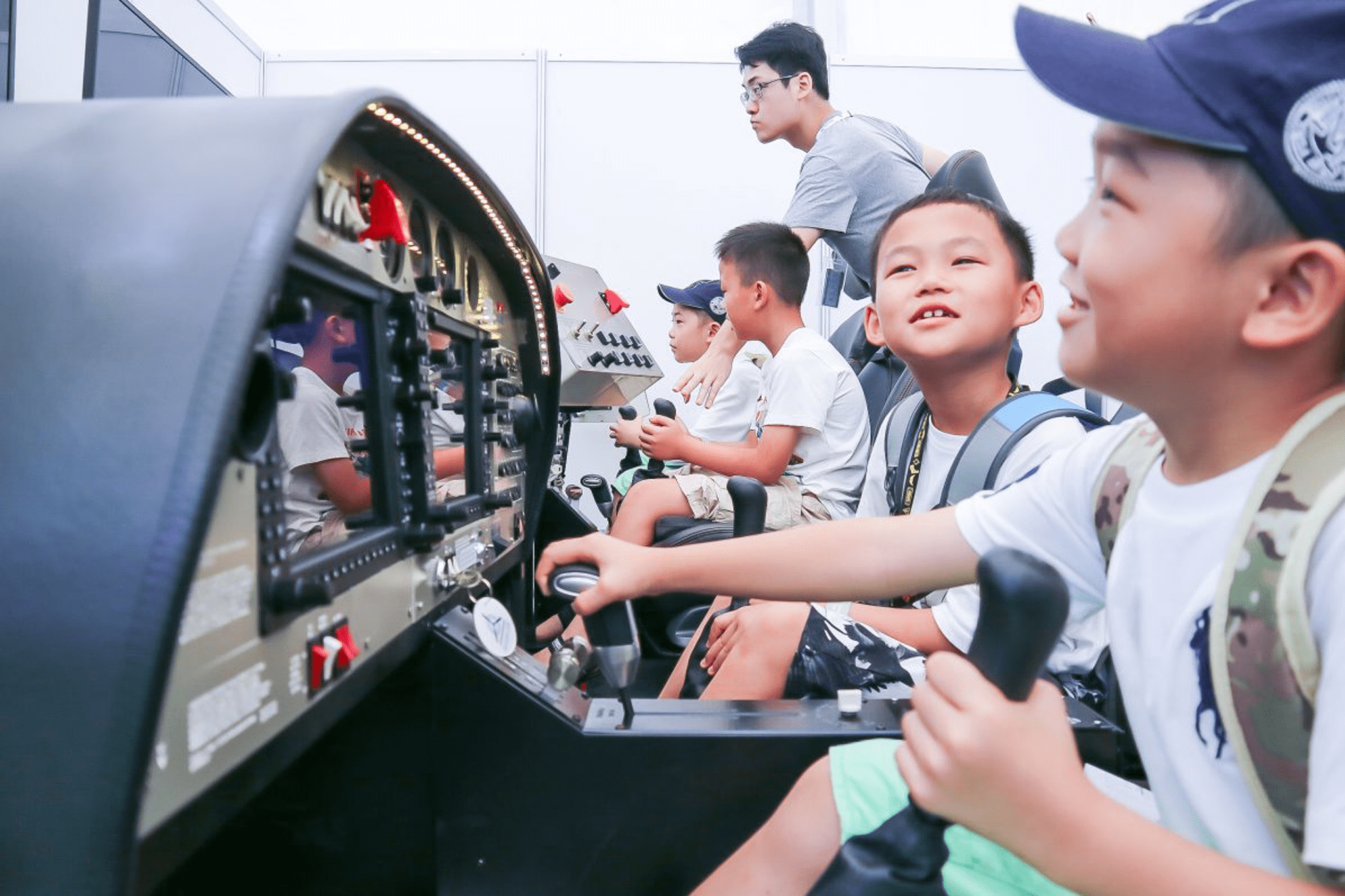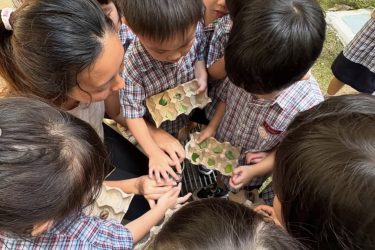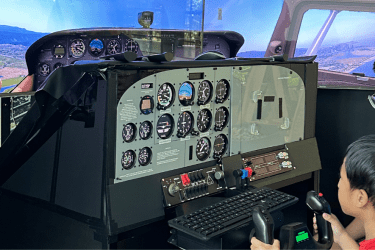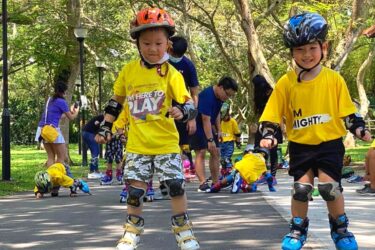
Singapore’s leading science summer camps combine hands-on experiments, technological exploration, and structured problem-solving challenges to nurture future innovators. Companies looking to enrich employee benefits can leverage these programs as family-friendly perks that boost morale and reinforce work–life balance. This guide uncovers the best science camps by age group, explains the developmental value of STEM immersion, outlines how corporate sponsors can support employee families, and highlights critical selection criteria for parents and HR managers.
What Are the Best Science Summer Camps in Singapore for Kids?

Science summer camps in Singapore offer immersive educational experiences that ignite curiosity and develop practical skills. By pairing interactive experiments with expert instruction, these programs foster both enjoyment and academic growth.
Which Camps Are Ideal for Young Explorers Aged 4-8?
For children aged 4-12, science camps emphasize sensory discovery and playful experimentation to build foundational STEM concepts.
Below is a comparison of top camps for this age group:
| Camp Name | Focus | Key Activities |
|---|---|---|
| Science Centre Singapore | Early science exploration | Interactive exhibits, sensory labs |
| KidsSTOP™ Holiday Programs | Play-based STEM introduction | Hands-on crafting, simple robotics |
| Little Rangers Flying Exposure Programs | STEM and Flying Physics | Simulator Flight Experience, Build-A-Drone |
These options blend guided discovery with structured play, ensuring young learners remain engaged while building early problem-solving skills.
What Science Camps Suit Junior Scientists Aged 9-12?
Junior scientists aged nine to twelve benefit from camps that introduce fundamental scientific methods alongside collaborative challenges.
| Camp Name | Focus | Key Activities |
|---|---|---|
| Newtonshow Discovery Camp | Hands-on chemistry and physics | Slime chemistry, motion experiments |
| Kids DiscoveryWorks Module | Robotics and coding foundations | Lego robotics, basic programming |
| Little Rangers Flying Exposure Programs | STEM and Flying Physics | Simulator Flight Experience, Build-A-Drone |
These programs deepen analytical thinking by combining live demonstrations with small-group problem-solving.
Which Programs Are Best for Aspiring Innovators Aged 13 and Above?
Teens require more advanced content that mirrors real-world applications and potential career pathways in STEM.
| Camp Name | Focus | Key Activities |
|---|---|---|
| NUS Science Summer Camp | University-level lab experiences | Lab techniques, faculty-led seminars |
| iD Tech @ NUS | Specialized tech and coding workshops | Game design, AI introductions |
| Little Rangers Flying Exposure Programs | STEM and Flying Physics | Simulator Flight Experience, Build-A-Drone |
By combining theoretical frameworks with project-based learning, these camps prepare adolescents for future STEM opportunities.
Why Are STEM and Science Summer Camps Important for Children’s Development?
STEM and science summer camps deliver structured enrichment that accelerates critical thinking and motivates lifelong curiosity. These intensive programs harness experiential learning to reinforce classroom knowledge and instill confidence in young learners.
How Do Science Camps Foster Critical Thinking and Problem-Solving Skills?
Science camps foster critical thinking by challenging children to test hypotheses, diagnose errors, and iterate solutions through collaborative projects.
Key benefits include:
- Enhanced analytical reasoning through guided experiments.
- Improved teamwork via group challenges.
- Strengthened communication skills from presenting findings.
- Cultivation of resilience by learning from failed trials.
The Importance of STEM Education
STEM education fosters critical thinking and problem-solving skills in children by encouraging them to test hypotheses, diagnose errors, and iterate solutions through collaborative projects. These skills are essential for success in both academic and professional settings.
What Should Parents Consider When Choosing Science Summer Camps?
Selecting the right science camp requires careful evaluation of curriculum rigor, instructor qualifications, safety protocols, and community feedback.
How Important Are Age-Appropriate Curriculum and Qualified Instructors?
Age-appropriate curriculum ensures content aligns with cognitive development stages, while certified instructors provide expertise and maintain safety standards:
- Clear learning objectives tailored to each age range.
- Staff with relevant academic credentials and teaching certification.
- Adequate supervision ratios to guarantee hands-on guidance.
Age-Appropriate Curriculum and Instructor Qualifications
Age-appropriate curriculum and qualified instructors are crucial for the success of science camps. Clear learning objectives tailored to each age range, staff with relevant academic credentials, and adequate supervision ratios ensure educational value and participant well-being.
Where Can You Find Reliable Reviews and Testimonials for Science Camps?
Parents should consult multiple sources for unbiased feedback, including online forums, parent groups, and educational directories. For families seeking outdoor adventure alongside science, the Little Rangers Club offers active, outdoor, and adventure-based holiday camps that build teamwork and resilience.
By aggregating diverse reviews, decision makers gain confidence in program quality and alignment with learning goals.



